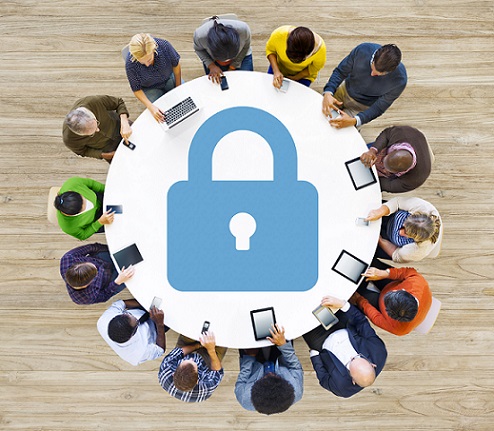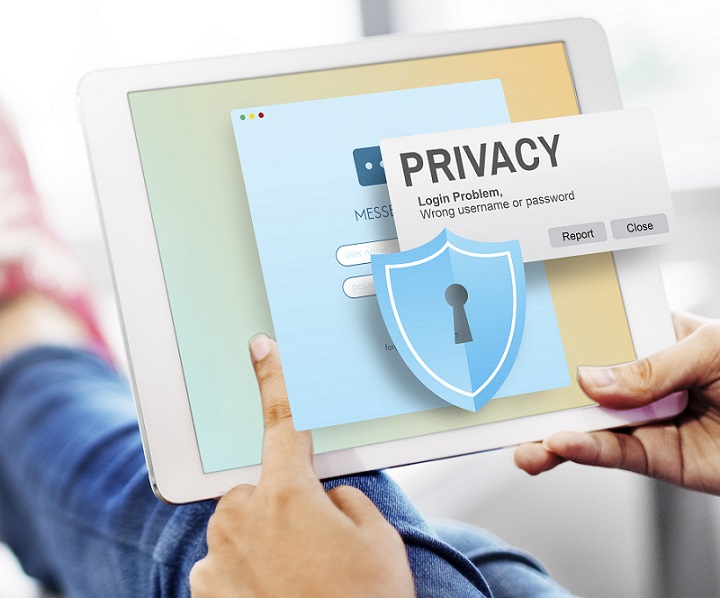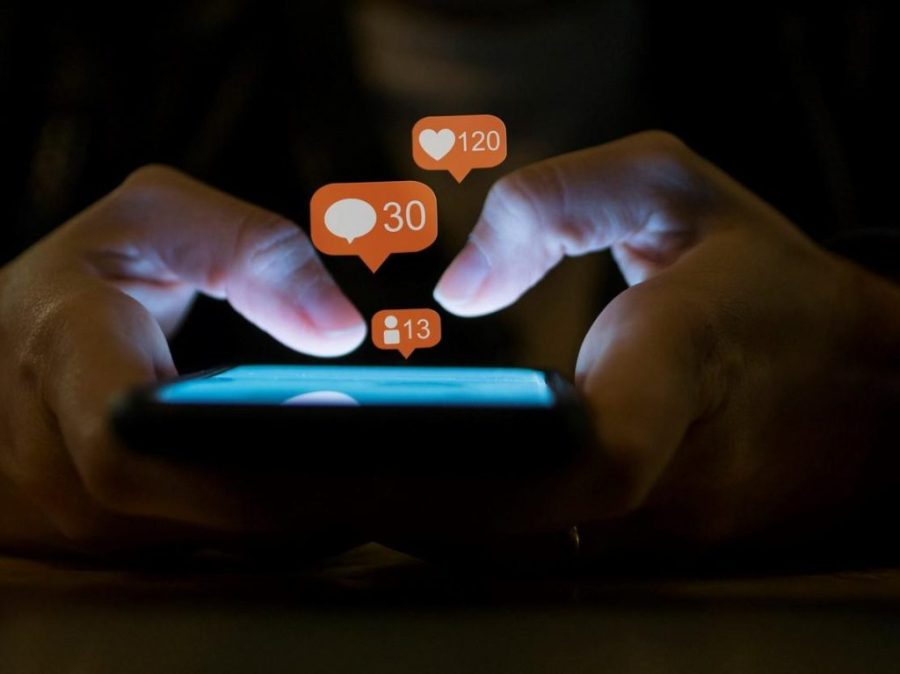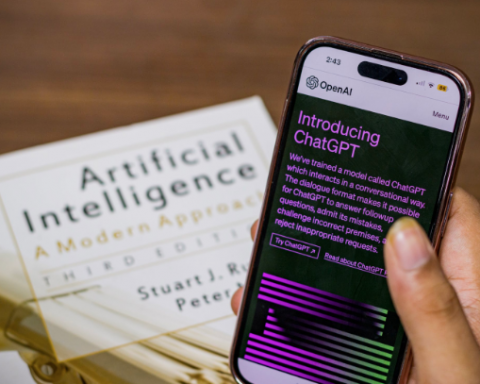Technology has made our lives a whole lot easier and much more convenient. Things like Optimum cable packages deliver entertainment to our screens. Wireless internet lets us connect online and share information. IoT devices help our homes conserve energy, save bills, and make living smarter. But at the same time, technological advances have often come at the expense of personal privacy.
In the age that we live in, digital privacy only comes at a premium. You never know who may be watching. And even if nobody’s watching, search engines, browsers, and websites track and store behavior on your online activities. Whether they allow third-party access or are hit with a data breach, your data may very well be in someone else’s hands.

Social Media Surveillance – Are We Being Watched?
Social media is a very unique digital phenomenon. Platforms like Facebook started out as a means for college students to engage with each other. Today, the platform and its acquired companies see billions of global users every single day. For many years, Facebook and similar platforms have been collecting data on their users. Based on things like demographics, social maps, interests, and other online activity, these platforms are able to connect advertisers with relevant audiences. Vice versa, it also connects users with relevant ads based on their needs.
So far so good. But data is always valuable. And the magnitude of the data that platforms like Facebook hold on individuals everywhere is extremely valuable. This data is useful to advertisers and brands, and also to the platform itself to keep improving the experience it offers. But at the same time, other entities may have no other purpose than to access this user data for surveillance. Governments all over the world have been known to do far worse than violating their citizen’s right to privacy. It almost seems naïive to assume that many governments would balk at easy access to such valuable information.

Who is Being Watched?
Cop shows and Hollywood have given us a very one-dimensional view of how governments operate. When we think of surveillance, we think of bugs and wiretaps, and hidden cameras. But all of these come out of taxpayer money, which means law enforcement agencies first need a warrant from a judge to justify the resources spent on surveillance with probable cause. However, it works very differently in the digital world.
Every government in the world has an intelligence apparatus. And nearly every country has a body or a department dedicated to gathering digital intelligence, much like the NSA in the United States. There have always been rumors surrounding such government bodies, particularly concerning privacy rights violations. Many governments, including the United States, have been accused several times of spying indiscriminately on their citizens over the internet. And with modern smartphones, the task is far easier than ever. In essence, the means to spy on all social media users have existed for decades. And where the ability was once limited by manpower, automation and artificial intelligence have taken over. So, to answer the question “who is being watched?” the answer can be “just about any smartphone user with a social media app”.

What’s Being Watched?
Ideally, any service contract has a Terms of Use section, that you need to abide by when using the service. Facebook and other social platforms have a similar agreement that you need to give explicit consent to. But how many people have you met who actually go through that dense legal document?
These agreements often have very specific points that you agree to without reading. Regardless, the platform gains rights to access and use specific kinds of data. The data that you agree to allow access to relates to you, and the uses include having the right to allow third parties access to this data. Apps have additional permissions, such as your location information, your camera, your microphone, and other stuff. The platform can only legally gather information with your consent, but many of us are even unaware of what we agreed to. And of course, since you can’t create a social media account without agreeing to the terms of use, you most likely didn’t care. But things like your age, phone number, personal information, location data, interests, interactions, and even off-app activity are being monitored.








